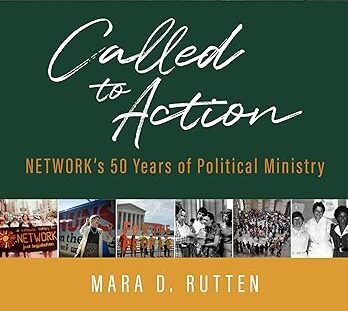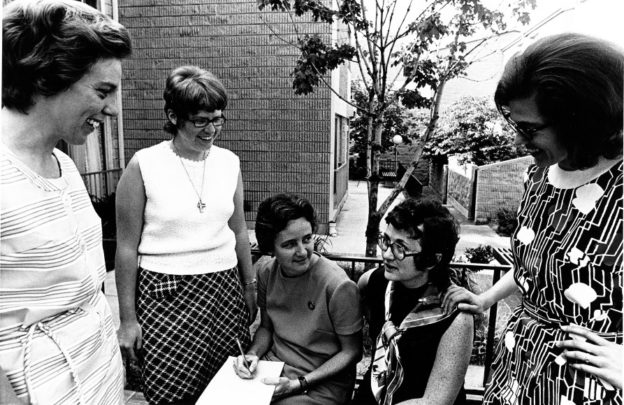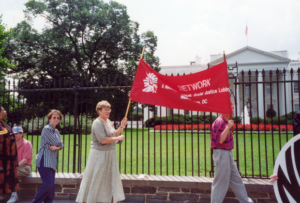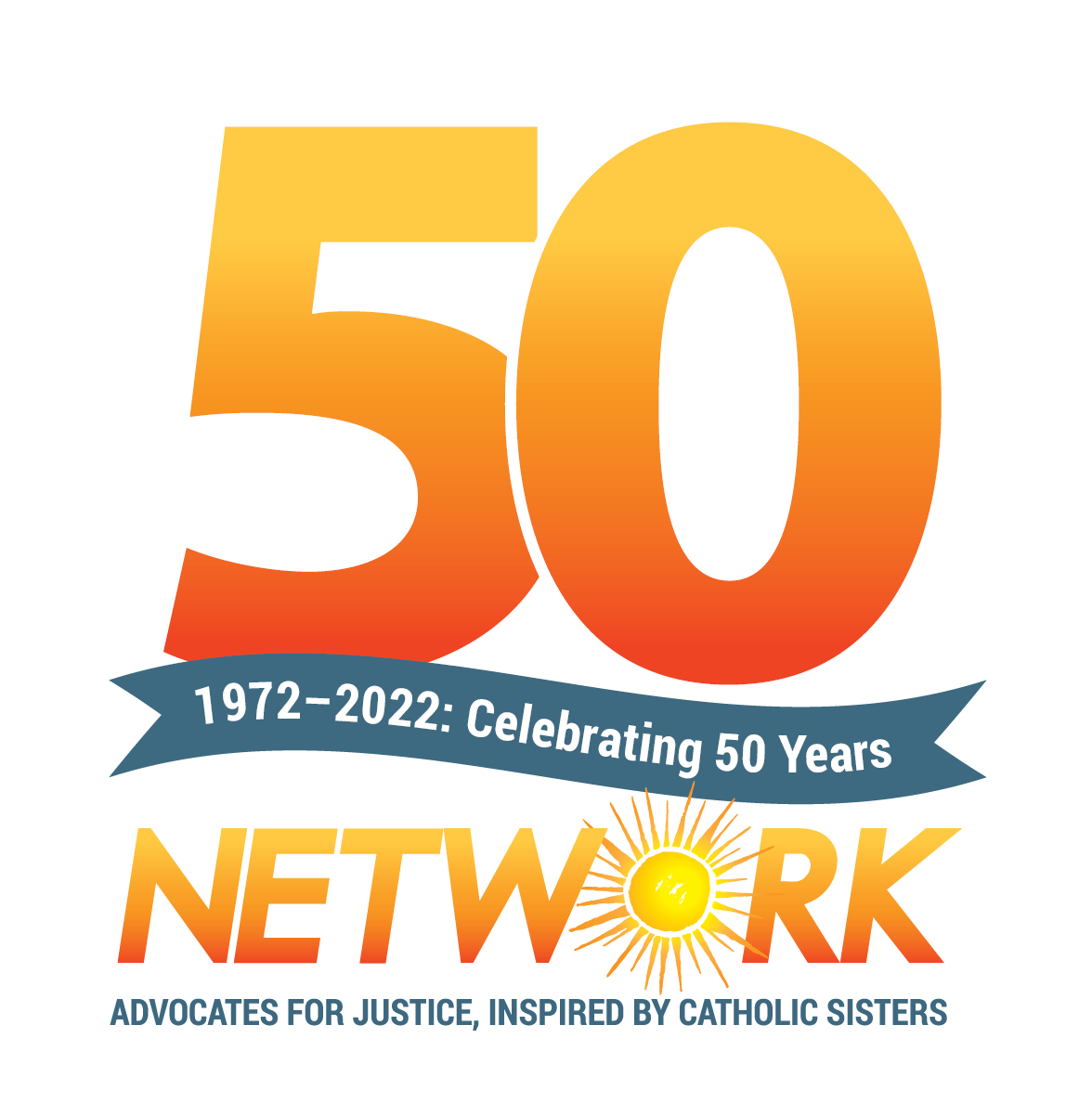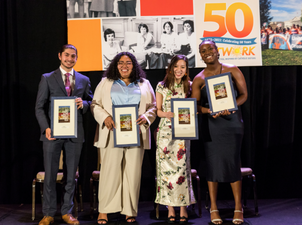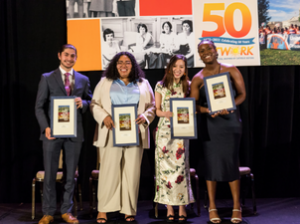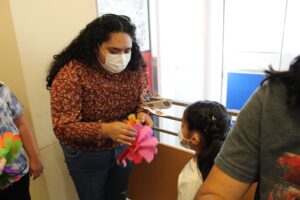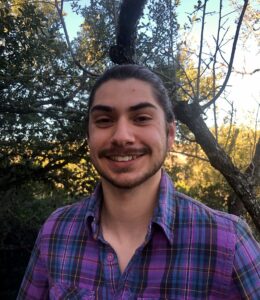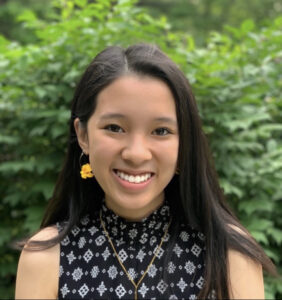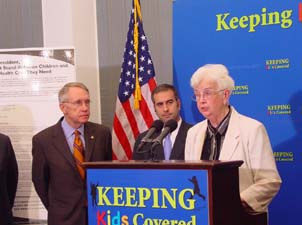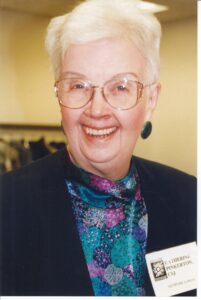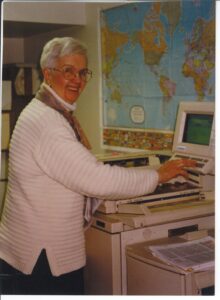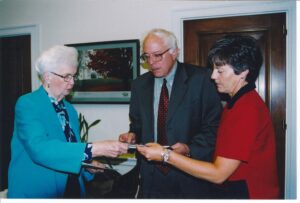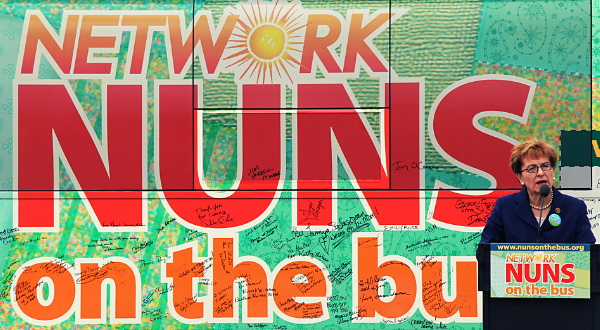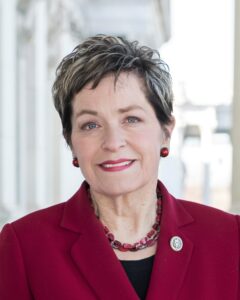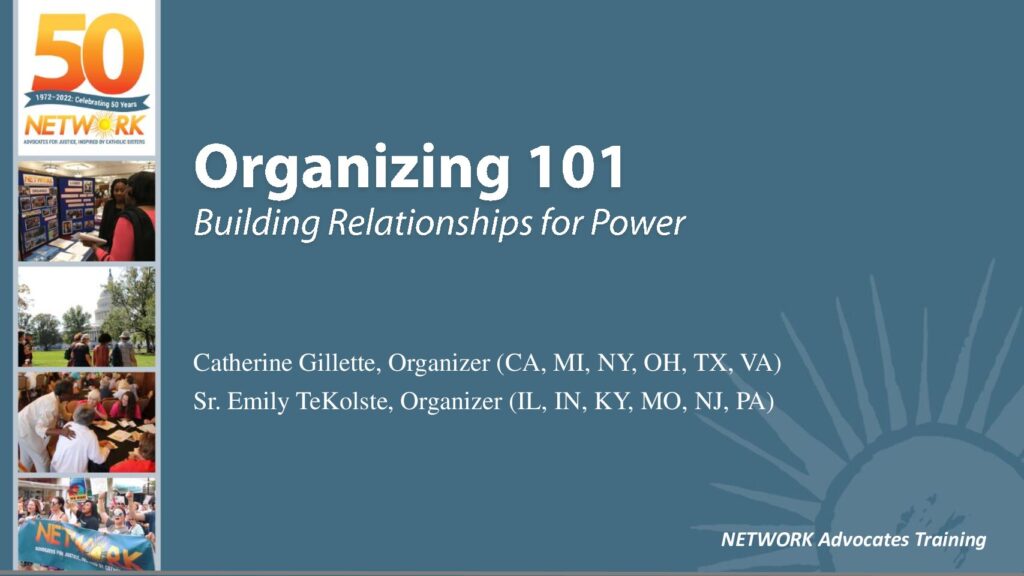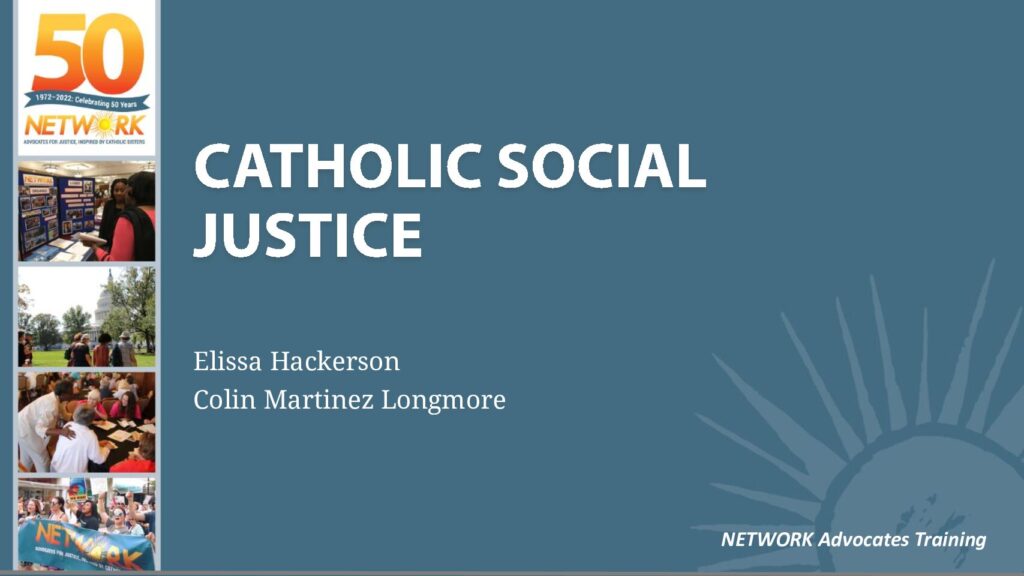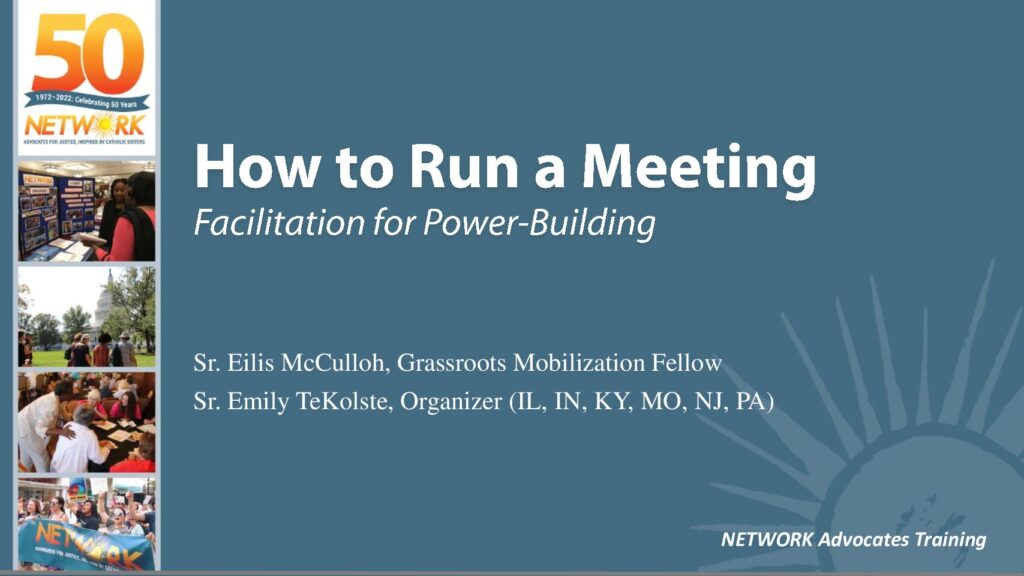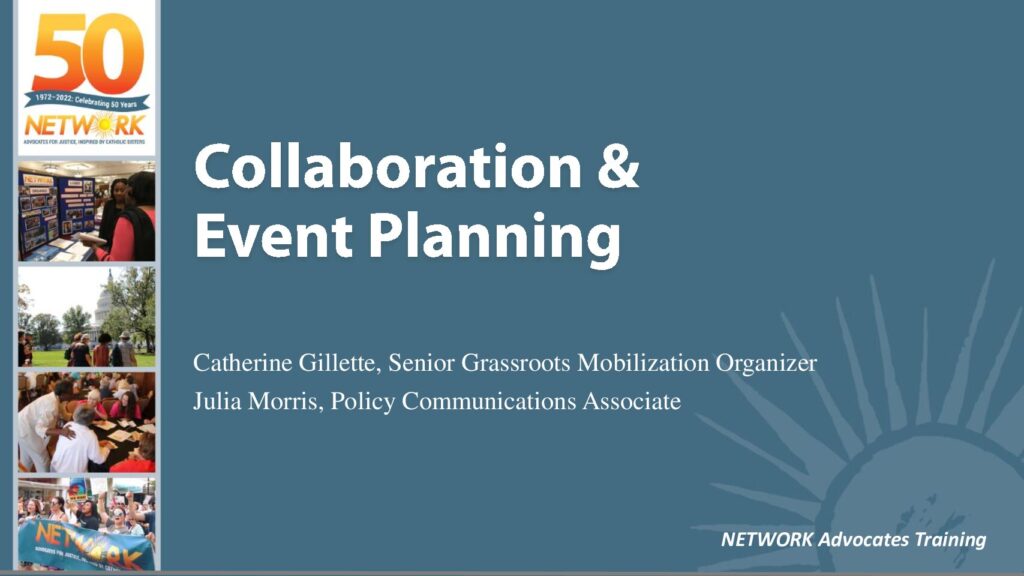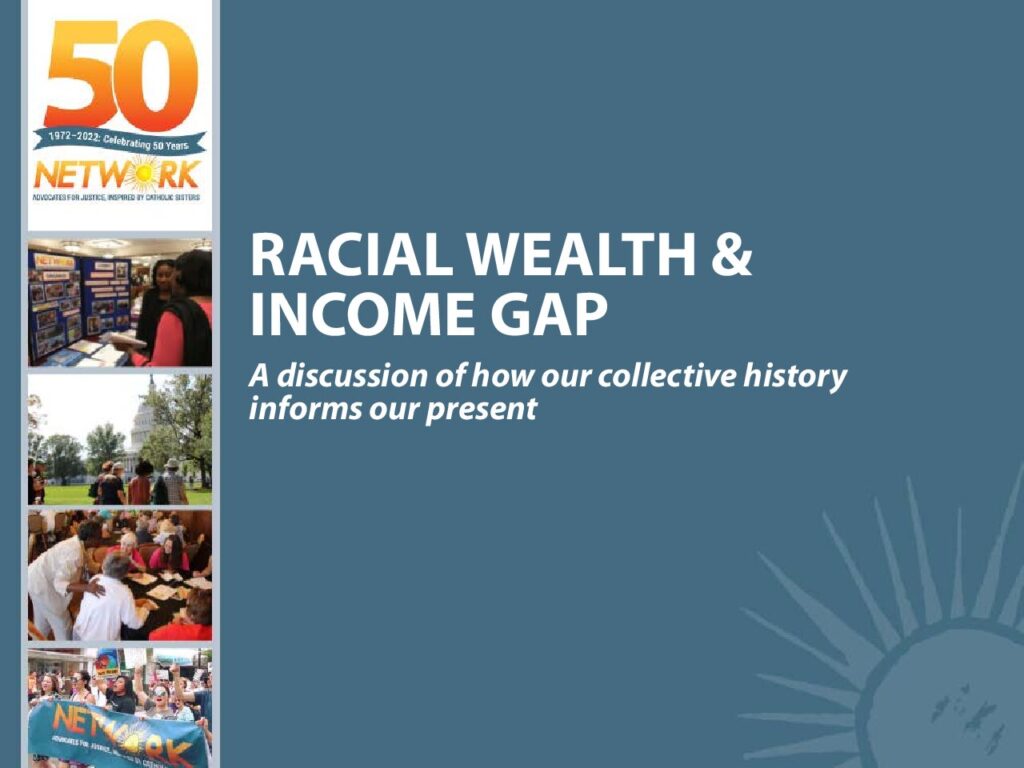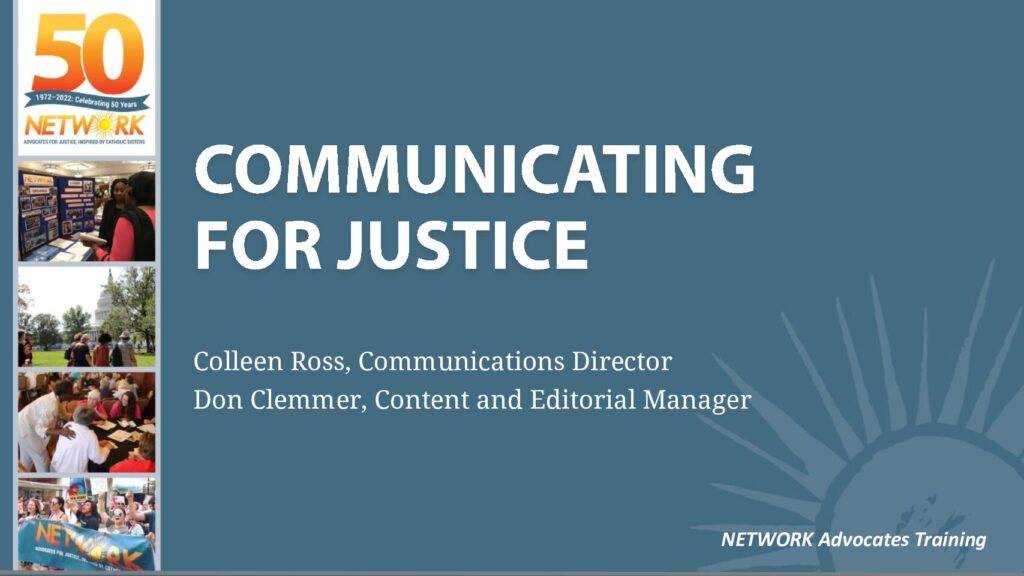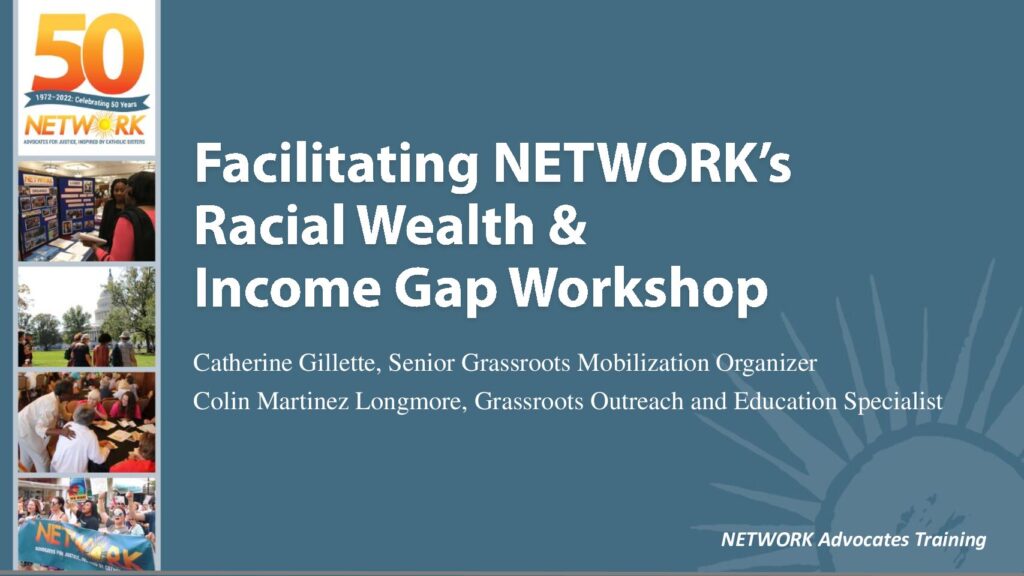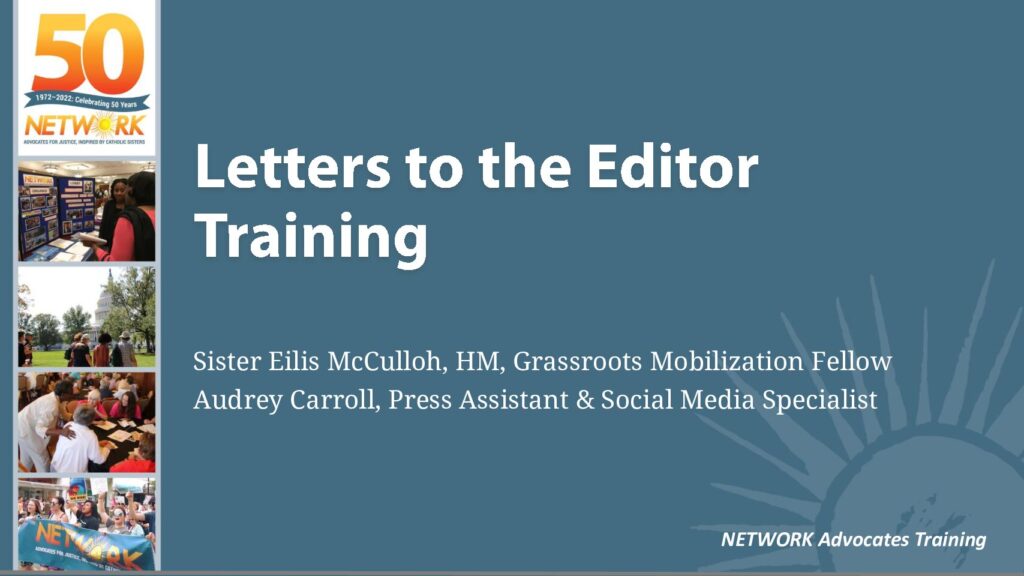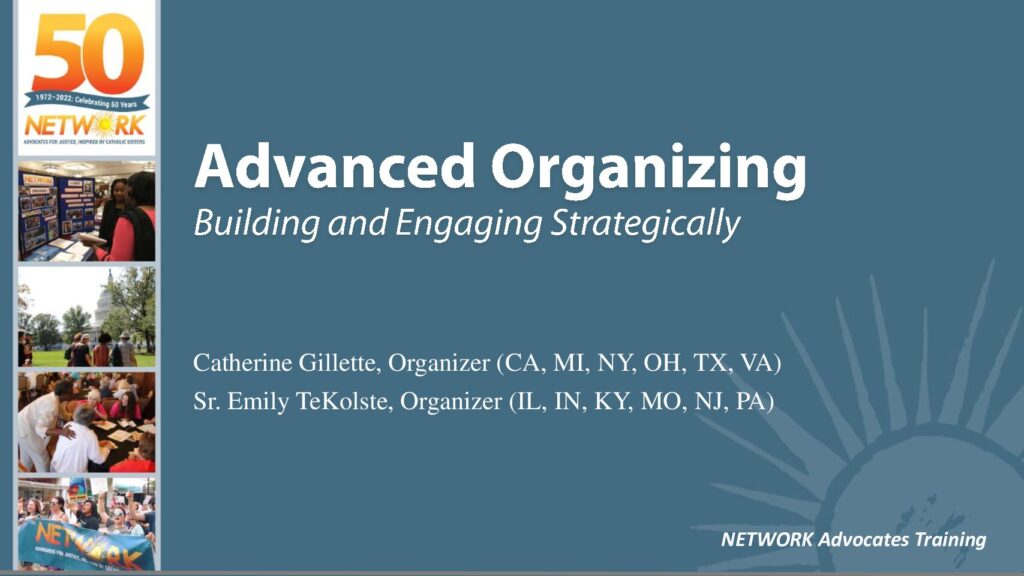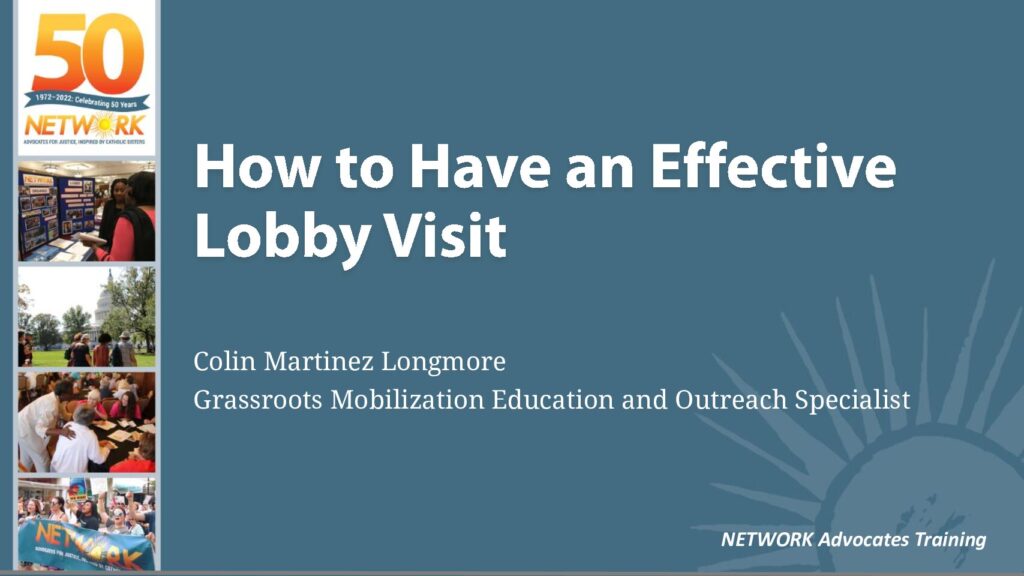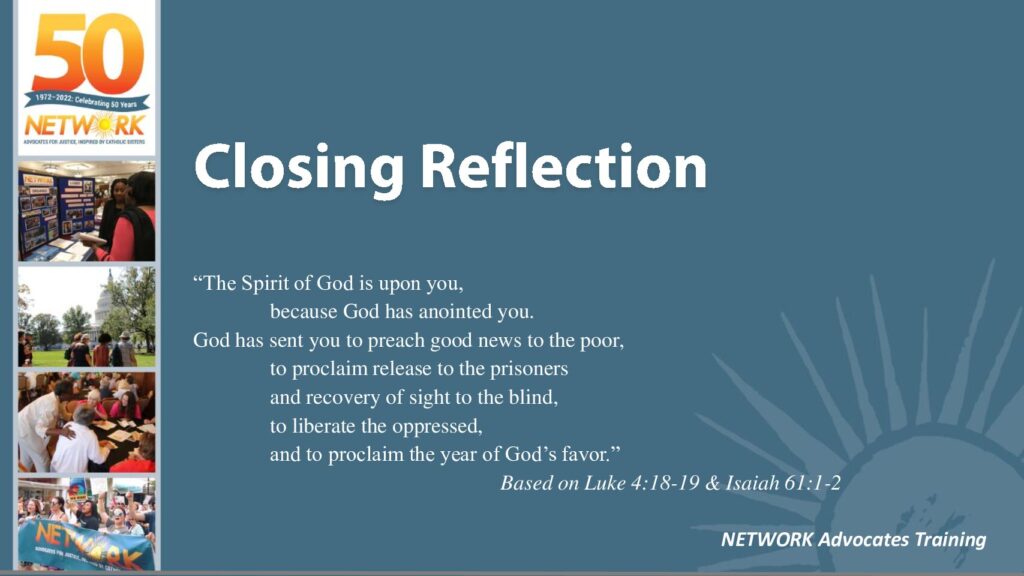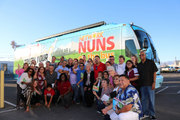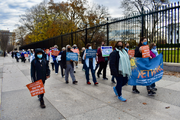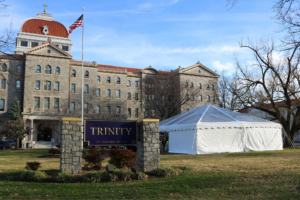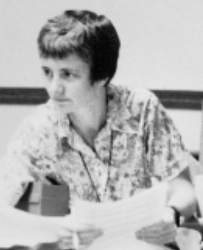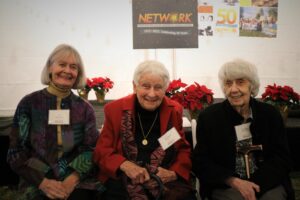
“Called to Action: NETWORK’s 50 Years of Political Ministry” by Mara D. Rutten
Book Review
Review by Sr. Susan Rose Francois, CSJP
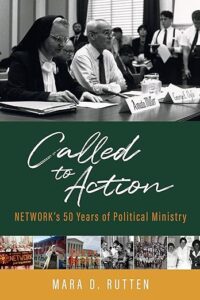 In her book, “Called to Action: NETWORK’s 50 Years of Political Ministry,” Mara D. Rutten offers a well-researched, engaging, and comprehensive history of the nation’s first Catholic Social Justice lobby. Through first-person interviews, archival documents, and narrative storytelling, Rutten documents the creative and faithful response of Catholic sisters to the call of the Second Vatican Council to read and respond to the signs of the times through the birth and development of this collaborative political ministry. In the process, she also weaves together a variety of seemingly disparate yet intersecting threads—the renewal of religious life, feminism, social concerns, single issue politics, church and state, and the role of the laity. The resulting work not only creatively tells the story of NETWORK, but also gives the reader an insightful perspective on the tapestry of social, political, and ecclesial life in the United States during the past half century.
In her book, “Called to Action: NETWORK’s 50 Years of Political Ministry,” Mara D. Rutten offers a well-researched, engaging, and comprehensive history of the nation’s first Catholic Social Justice lobby. Through first-person interviews, archival documents, and narrative storytelling, Rutten documents the creative and faithful response of Catholic sisters to the call of the Second Vatican Council to read and respond to the signs of the times through the birth and development of this collaborative political ministry. In the process, she also weaves together a variety of seemingly disparate yet intersecting threads—the renewal of religious life, feminism, social concerns, single issue politics, church and state, and the role of the laity. The resulting work not only creatively tells the story of NETWORK, but also gives the reader an insightful perspective on the tapestry of social, political, and ecclesial life in the United States during the past half century.
No doubt, some readers may have lived through much of this history themselves, perhaps even as supporters and participants in NETWORK’s early efforts to seek systemic change and justice in the world through advocacy for economic justice, led by women religious who had personal experience accompanying people most impacted by unjust public policies. Rutten makes these early days come alive, managing the difficult task of painting a dynamic picture of organizing meetings and policy debates through the judicious use of first-person accounts and archival materials. As a relative late-comer to this movement inspired by Catholic sisters—I am the same age as NETWORK and was a Nun on the Bus in 2016—I found myself enthralled and invested in the narrative. Moreover, Rutten highlights a clear thread of intentionality and integrity throughout the journey, even amidst challenges and controversy in both political and ecclesial spheres.
Rutten begins her narrative later in the story, with the 2012 appearance of then Executive Director Simone Campbell, SSS on The Colbert Report, following the Vatican’s naming of NETWORK in the document announcing the doctrinal assessment of the Leadership Conference of Women Religious. While not explicit, when read in the larger context of the time, the Vatican officials’ concern seemed to be the focus of NETWORK’s advocacy—applying Catholic Social Teaching to issues of social and economic justice—as well as “promoting certain radical feminist themes.” Careful readers will see this as a reference to the reality that NETWORK was not actively advocating on the issue of abortion.
“Called to Action” gives critical context here, carefully outlining the initial and subsequent discernment by NETWORK founders and leaders to center their advocacy work on the “bottom drawer issues,” including hunger, housing, and militarism. The term refers to the discovery by founding NETWORK Director Carol Coston, OP that the top three and a half drawers of lateral files in the US Bishops Conference covered the issues of federal aid to parochial schools and abortion. All other social concerns were crowded together in the bottom half of the fourth drawer. This was where NETWORK felt called to focus their efforts. This had the result of avoiding duplication of efforts. It also led to criticism of NETWORK from various audiences over the years. Nevertheless, generations of NETWORK leaders and staffers held fast to this commitment to promote Catholic Social Teaching and highlight the critical bottom drawer issues affecting quality of life in service of the common good, taking the message from the halls of power to the highways and byways.
Another narrative theme is the application of the call to universal holiness and the dignity of all persons, particularly women, to NETWORK’s operations and advocacy. On the advocacy side, this led to lobbying for the Equal Rights Amendment and health care access. Rutten’s storytelling here both lifts up the unique role of NETWORK in this work and describes some of the pitfalls, detours, and frustrations along the way. In terms of operations, from the beginning NETWORK sought to create an internal system of pay equity and shared collaborative leadership. Rutten carries this thread throughout the history, all the way to the current leadership model of lay women and men with a small number of women religious.
“Called to Action” is filled to the brim with a who’s who of courageous, creative, and faithful people who have carried out this innovative political ministry over the past fifty years—too many to name here. Built on a solid foundation, inspired by sister spirit and fueled by the call and response of the laity, NETWORK continues to focus on the bottom drawer issues in service of the Gospel. Here’s to the next 50 years!
“Called to Action: NETWORK’s 50 Years of Political Ministry” is available for purchase on Amazon for $14.99 and $6.49 on Kindle.







